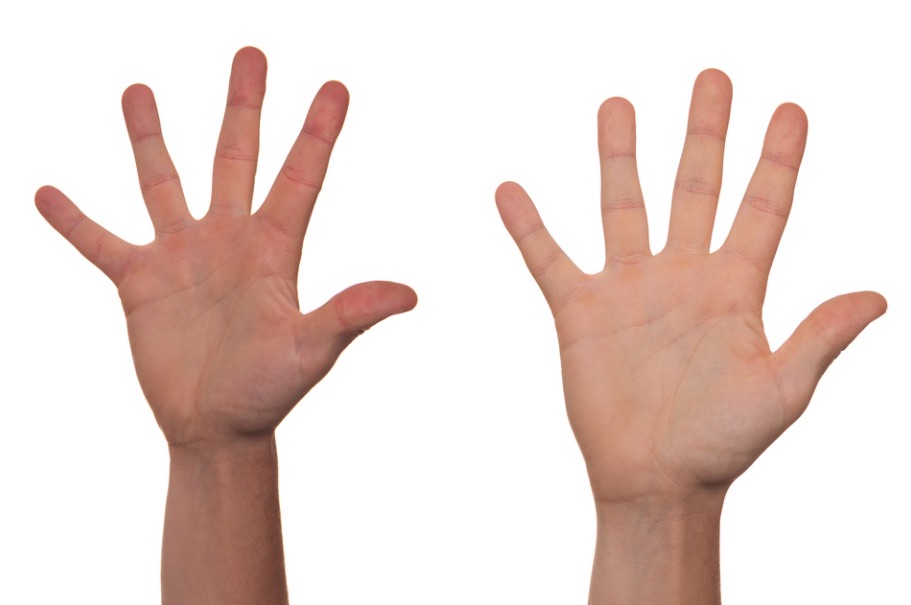When I checked the box for the “New Alternatives” option on the Branch Out application a few months ago, my main priority, admittedly, was spending spring break in New York City. It helped that the trip also concerned the LGBT community, which I hold in high esteem. However, I paid little to no attention to the “homeless” part of the trip. This, however, was a key part of my experience.
I knew coming in to my Branch Out trip that I would get more out of it than I could possibly put in during a week’s time. However, I did not know just how apparent that would become. I met many people during my week in New York. I met transgender women and men, their children, the people who work every day of their lives to provide the homeless with opportunities they may not otherwise have and, yes, a couple of celebrities. It was a whirlwind of a week to say the least, and it was an experience I am sure I will never forget.
We were given amenities and privileges that the very people we were there to help might never have access to.
At the end of each day, my team and I reflected on our experiences. We sat around in a circle and discussed our feelings. Some talked more than others, but everyone had an input. It was during reflection at the end of the first day that the gravity of our situation hit me the hardest. Here we were, a bunch of college students in New York City, provided with housing and ample access to food — our purpose: to help the homeless.
It was as we sat there, in our graciously-provided sleeping quarters for the week, that I realized just how privileged we were. We were given amenities and privileges that the very people we were there to help might never have access to. I remember the cogs in my brain spinning, trying to find some way out of the guilt that was creeping into my head. I wasn’t helping the homeless, I was taking advantage of my own privileges simply by sitting in this room and enjoying the heat and food provided to me. The woman I had helped find clothes for earlier that evening may not have a place to stay, yet I felt some kind of self-gratification in finding her a pair of shoes that wouldn’t make her feet cramp up.
I believe everyone should have the opportunity to work firsthand with the realities of homelessness in the United States.
It was then that I realized this is the same feeling we all push down, deep into our gut when we see a homeless person on the street asking for money. We look away, pretend we don’t hear them, start a conversation with our friend about what Kim Kardashian said on Twitter, just so we don’t think about how we’ll have a roof over our heads tonight when that person on the corner may not. Or maybe, we give them a dollar, hoping the action will wash the feeling away, like Mr. Clean on a dark stain, wiping it away without a trace. And while your dollar may help them get a ticket on the subway, or even buy a hot dog from a stand, they remain in their endless cycle, unable to purchase the clothes they need to get a job. These are real people with feelings and lives and communities. They are people who are so often ignored or deemed lazy.
I’m not offering a solution. I don’t have one. I’m suggesting a conversation. This is a conversation we as a society need to have. I believe everyone should have the opportunity to work firsthand with the realities of homelessness in the United States. It is not pretty work, and it is not the rewarding or gratifying experience you may be looking for when you volunteer, because it is unlikely you will make a lasting difference. But it is a perspective you may not otherwise have access to. Seeing the ugly realities of the lives of those who don’t know if or when they will receive their next meal is simply the first step in making a lasting difference.
Email Lindsey Carter at lmcarter@email.wm.edu.

